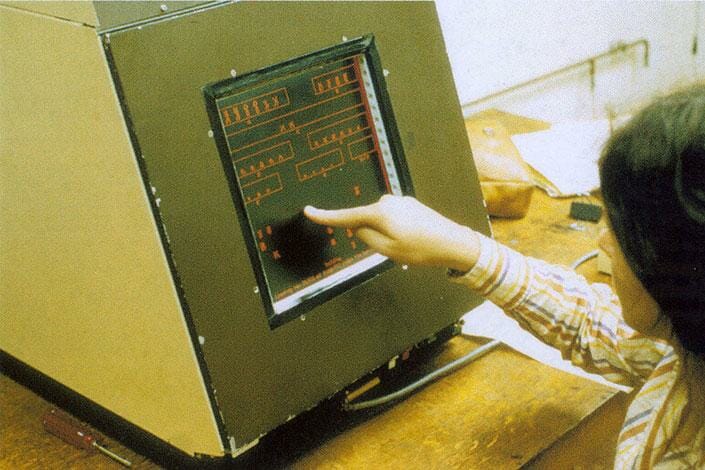
At Public Books, Marta Figlerowicz reviews two books that offer “counter-histories of the internet” from different perspectives: Designing an Internet by David D. Clark looks at the technical architecture of the internet and how it could have developed differently; and A People’s History of Computing in the United States by Joy Lisi Rankin traces back much of the modern internet to computer-based education innovations in the 1960s and '70s. An excerpt from the review:
Clark’s and Rankin’s books are uninterested in structural or teleological narratives. To a historian in the heroic mode, they may appear to be merely microhistories of digital pioneers whose ideas ended up being superseded or absorbed by other, more ambitious visions. To the determinist, they may seem to toggle hesitantly between a history of institutional mechanisms and personal idiosyncrasies, without believing strongly in the causal power of either.
In fact, both books attempt two wholly different and new tasks. First, they show how much of early computing was done amid multigenerational, partly aimless academic communities working collectively, more motivated by curiosity and pedagogy than by ego, power, or profit. Second, they contest the evolutionary logic that would accept the current version of the internet as the most optimal possible outcome. The internet, as they see it, emerged out of a multiplicity of divergent trajectories and models of development. To imagine a better version of our mediated world, we need to acknowledge these alternatives and to embrace their multiplicity—and often to retrace our steps to roads not taken in the past.
Image: PLATO (Programmed Logic for Automatic Teaching Operations), an early e-learning program developed at the University of Illinois at Urbana-Champaign in 1959. Via news.elearninginside.com.